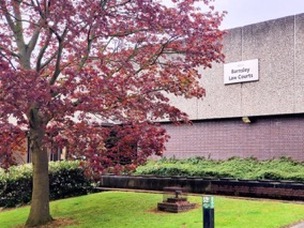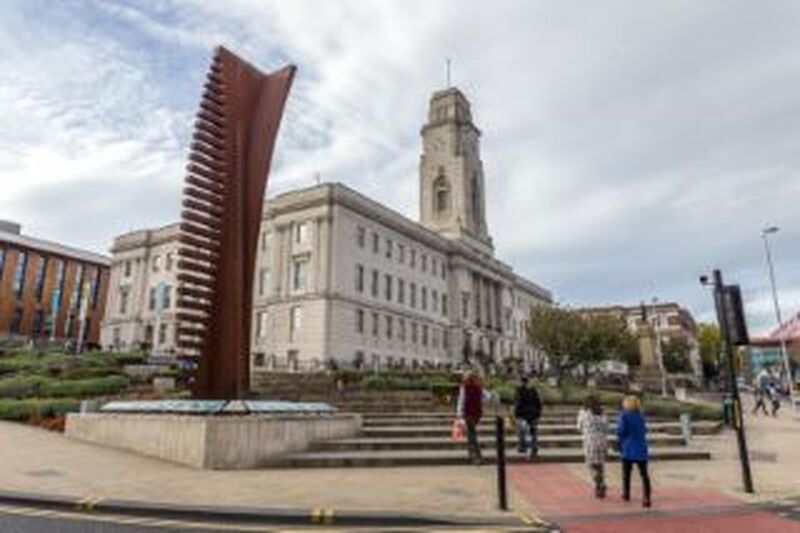DEBTS owed to Barnsley Council resulted in the local authority passing almost 10,000 outstanding cases onto bailiffs to recoup unpaid cash, the Chronicle can reveal.
Newly-released figures from a Freedom of Information request show that 9,253 debts were sent to bailiffs in 2022/23, prompting renewed calls for improvements to be made to the council’s debt collection practices.
The total includes 7,314 cases of council tax evasion, 1,469 parking fines, 138 housing benefit overpayments, 330 business rates issues and two relating to commercial rents.
If arrears aren’t paid on time, the local authority send a reminder and residents in arrears have to pay within 14 days before a court summons is sent - but warnings have been issued over the consequences of continually failing to pay.
Liability orders give authorities the power to recover the outstanding balance on accounts such as taking money from earnings or benefits, asking bailiffs to collect, placing a charging order on a property if owned, seeking bankruptcy or starting proceedings to send someone to prison in worst-case scenarios.
However, this can only be pursued if debts rise above £750.
National Debtline, the free debt advice service run by charity the Money Advice Trust, has written to the leader of Barnsley Council - Sir Steve Houghton - urging the council to commit to improve the way it collects council tax arrears and other debts.
The charity says that bailiff use remains too high, with action needed to improve collection practices so that fewer debts are sent to bailiffs in the first place.
Steve Vaid, chief executive of the Money Advice Trust, the charity that runs National Debtline, said: “Bailiffs, known officially as ‘enforcement agents’, have the right to visit a property and can remove and sell goods to repay certain debts, including council tax arrears, parking penalty charge notices and other debts.
“Local authorities remain under significant financial pressure and council tax plays a crucial role in funding vital local services.
“Facing bailiff action, however, can be a distressing experience and risks pushing people already struggling into deeper financial difficulty. Bailiffs should only ever be used as a last resort.
“The fact Barnsley Council has decreased its use of bailiffs in recent years to collect debts is welcome but there is still more to be done to improve debt collection practices for the benefit of both people in difficulty and councils.
“We have written to the leader to set out simple steps they can take to improve the way the council collects debts it is owed.
“We are also calling on the new government to support Barnsley Council and others by introducing ring-fenced funding to enable all local authorities to provide 100 per cent council tax support to households on the lowest incomes.
“I would urge anyone in Barnsley struggling with their finances to seek help as soon as possible.”
The percentage of people in Barnsley paying their council tax on time has decreased annually, with the cost-of-living crisis named as an attributing factor.
Finance bosses have sent out more than 40,000 council tax summons to court over the latest three-year period, it was revealed.
A total of 96.3 per cent of locals paid their council tax between April and June last year - short of the 96.5 per cent target - and more than £3.4m worth of council tax arrears has been passed onto enforcement agencies.
In the three months to December 2023, £35.5m was collected in council tax - up 5.5 per cent from £33.7m in the third quarter of 2022.
Sir Steve told the Chronicle: “We have a range of recovery options to collect council tax arrears, including using enforcement agents where appropriate.
“Cases are issued throughout the year and it is an ongoing, repeated process.
“The volume of cases this financial year is consistent with those seen in previous years.
“We will always continue to pursue outstanding arrears to ensure the ongoing effective administration of public funds.”






























